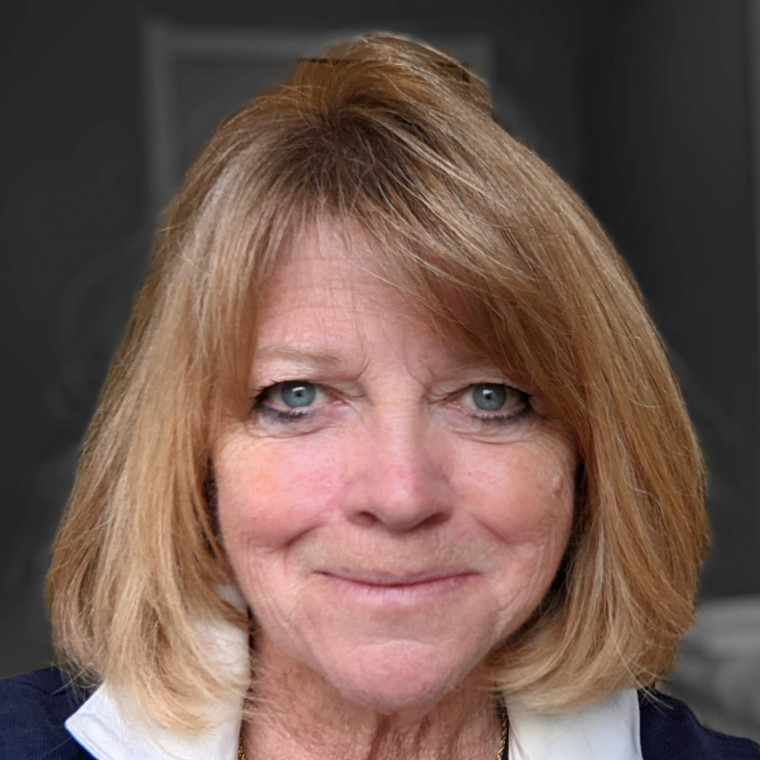Merrilee A. MacLean

Degree and Class Year
Hometown
Current City
Major
Extracurriculars
Overseas study
Job Title, Organization
Continuing Studies
What three words would you use to describe L&C?
What made you want to come to Lewis & Clark?
Good music department, the overseas study programs, and the Manor House (I saw a photo and decided that was where I wanted to go).
What have you been doing since graduation?
Worked for five years in the financial district of San Francisco, then went to law school. Practiced law in Seattle for 38 years—private practice, in various sized law firms doing commercial litigation and troubled businesses, primarily representing creditors.
How did Lewis & Clark prepare you for your career?
It reinforced my work ethic, and made me believe I could do anything I wanted to if I worked hard enough.
What would you say is the most important thing you learned at Lewis & Clark?
How to be independent.
What’s your favorite part or most memorable experience of serving on the Board of Alumni?
The friends I made with other Board of Alumni members. It was 30 years ago, and I am still friends and in frequent touch with many of them, even though we only met through the board.
How do you stay connected to Lewis & Clark as an alum?
I created an Alumni Social Group in the Seattle area whose roots go back to the ’80s. I resurrected the group in 2014 and it is still active. I have found that L&C alumni, regardless of when they graduated, are fascinating, engaged people. Many have become life-long friends. I have also assisted with reunions, going back to an Era Reunion I organized in 1994 when I was president of the Alumni Board, a Yugoslavia reunion, programming for the 150th celebration, and have fairly frequent contact with the Alumni Office related to our Seattle group activities. I have had positive experiences with the last two presidents of the college, as well.
Have you been to Alumni Weekend or other programming, like Homecoming, etc.? What did you enjoy about the event(s)?
I have been to several Alumni Weekends. Staying on campus is the highlight, since it makes the interaction with fellow grads so much easier. I also enjoy “classes” with former or current professors, and time set aside to just visit with old (and new) friends.
How do you encourage other alumni to give back to the college?
I tell them of the good experiences I have had.
How do you describe the liberal arts?
The liberal arts prepare a person for life, as compared to a particular career. With a liberal arts education one has a broad base of knowledge that can be applied to a number of disciplines.
Why did you major in history?
I majored in history because it was of great interest to me, and continues to be. I believe college is a time to learn all sorts of things—not simply a trade school for a particular career. It also makes for a more interesting life.
What did you minor in?
There weren’t really minors in 1974. I started as a music major, thinking I wanted to teach. Fortunately L&C had an Introduction to Teaching course, where I was able to student-teach at Beaverton High School, and determined it was not, in fact, something that I wanted to do for the rest of my life.
What was your favorite class? How did it expand your knowledge?
My seminar on Hitler with Henry Bair as a senior. It focused my studies in modern European history, and laid the groundwork for what has been 50 years of continued studies in the field.
Where did you find your community on campus?
My community was in the residence halls, at my jobs, in choir, and in the dining halls.
Who was your mentor on campus? Why do you consider this person your mentor?
I didn’t really have a mentor. I respected Edith Kilbuck (a music teacher) a great deal.
If you studied overseas while at Lewis & Clark, how did you choose your program? What did your overseas study add to your L&C experience?
I wanted a program in a Communist country, since it was so different, but still in Europe. It was one of the most significant experiences in my life, and I have returned many times (as recently as last fall). I think the overseas programs are what make Lewis & Clark so special—placing 18–22 year olds, when they are so involved with themselves, in a foreign situation that is neither comfortable nor easy, and where they learn how other people really live—is invaluable for the individual and makes for much more interesting and well-rounded adults in future years. That effect is then multiplied by students returning to live on campus and sharing their experiences with others, so that everyone benefits. When I returned from Yugoslavia I was then interacting with people that had recently returned from South America, Asia, Africa, etc. Horizons, and interests, were expanded in a way that can’t be done with people staying in Portland.
More Admissions Stories
Admissions is located in Frank Manor House on the Undergraduate Campus.
MSC: 32
email admissions@lclark.edu
voice 503-768-7040
fax 503-768-7055
Vice President of Admissions and Financial Aid
Eric Staab
Admissions
Lewis & Clark
615 S. Palatine Hill Road MSC 32
Portland OR 97219

